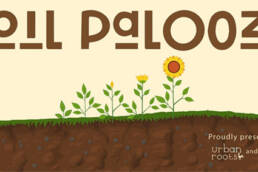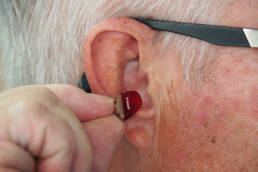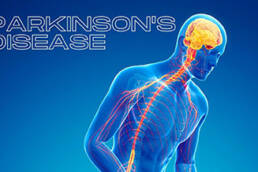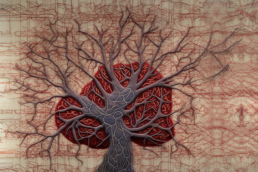For individuals living with dementia, maintaining cognitive function and emotional health can be challenging. However, studies show that engaging in stimulating activities can have significant benefits. Mental stimulation can help slow cognitive decline by keeping the brain active, while social interactions can reduce feelings of isolation and improve mood. Additionally, when residents participate in purposeful activities, they feel a sense of accomplishment and can experience moments of joy, which is essential for maintaining dignity and overall mental health.
Each person living with dementia is unique, and as the condition progresses, different types of activities may be more appropriate. It’s essential for caregivers and memory care communities to understand the abilities and preferences of each resident and to offer activities that cater to their individual needs.
As a result, memory care communities, including Sierra Basin Memory Care, typically offer a variety of activities that engage different areas of the brain. Some activities focus on creativity and artistic expression, while others are designed to improve motor skills, communication, or socialization. No matter the type, the key is to make sure the activities are meaningful and enjoyable.
1. Art and Creative Expression
Art has long been recognized as a therapeutic tool, especially for those living with dementia. Creative activities, such as painting, drawing, sculpting, or even coloring, allow individuals to express themselves in ways that words cannot. These activities can trigger memories, help residents feel accomplished, and provide opportunities for emotional release. Art-based therapies often improve fine motor skills and hand-eye coordination, which can slow physical decline as well.
2. Memory Games and Cognitive Challenges
Memory games are a great way to engage residents in mental stimulation. Activities such as matching cards, crossword puzzles, or trivia games are excellent for exercising memory, concentration, and problem-solving abilities. For individuals in the early stages of dementia, these types of games may help improve memory retention, while for those in later stages, they can provide an enjoyable way to connect with familiar concepts.
For more advanced stages of dementia, caregivers can introduce simpler games or sensory activities. For instance, a memory board featuring family photographs can be used to encourage recognition and reminiscence. Interactive puzzles with larger pieces or simple sorting games can also keep the brain active without causing frustration.
3. Physical Activities
Exercise is beneficial for everyone, but it is particularly important for individuals with dementia. Physical activities, such as walking, chair yoga, or gentle stretching, help improve coordination, mobility, and overall physical health. They also encourage the release of endorphins, which promote positive feelings and reduce symptoms of depression and anxiety. Even activities like gardening or tending to plants allow residents to engage their physical and sensory skills, while being outside in nature can have therapeutic effects on mood and cognitive function.
4. Music and Rhythm
Music is another powerful tool for stimulating memories and emotions in people with dementia. Research has shown that music can trigger long-term memories, improve mood, and even help with cognitive functioning. Many residents with dementia may respond positively to familiar songs from their past, as music has a unique ability to reach individuals in ways that words cannot. Incorporating music into daily routines—whether through sing-alongs, listening to music, or musical therapy—can enhance residents’ quality of life.
5. Sensory Stimulation
For residents in advanced stages of dementia, sensory activities can be especially engaging. These activities focus on stimulating the five senses: sight, sound, touch, taste, and smell. Sensory boxes filled with various objects—such as soft fabrics, scented oils, or colorful items—allow residents to explore tactile sensations and engage their curiosity.
Conclusion
Engaging activities for individuals with dementia are not only enjoyable but also essential for maintaining cognitive function, improving emotional health, and promoting social interactions. Whether through art, physical exercise, music, or memory games, the right activities can make a world of difference for those living with dementia.
At Seirra Basin Memory Care, we take a proactive approach to offering these experiences, helping residents to remain active, engaged, and connected to the world around them. To learn more about our approach to memory care and our daily activities and programming, we encourage you to contact our team at sierrabasinmc.com or call (775) 362-9436.



















































































































